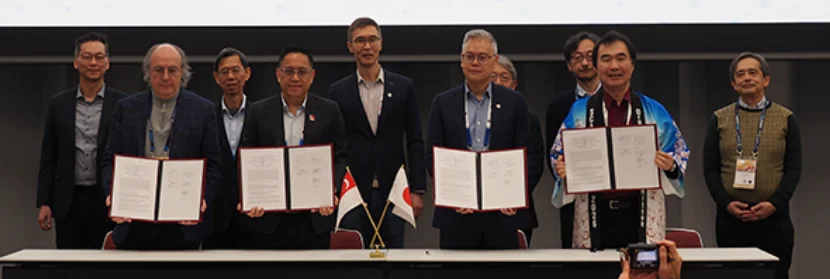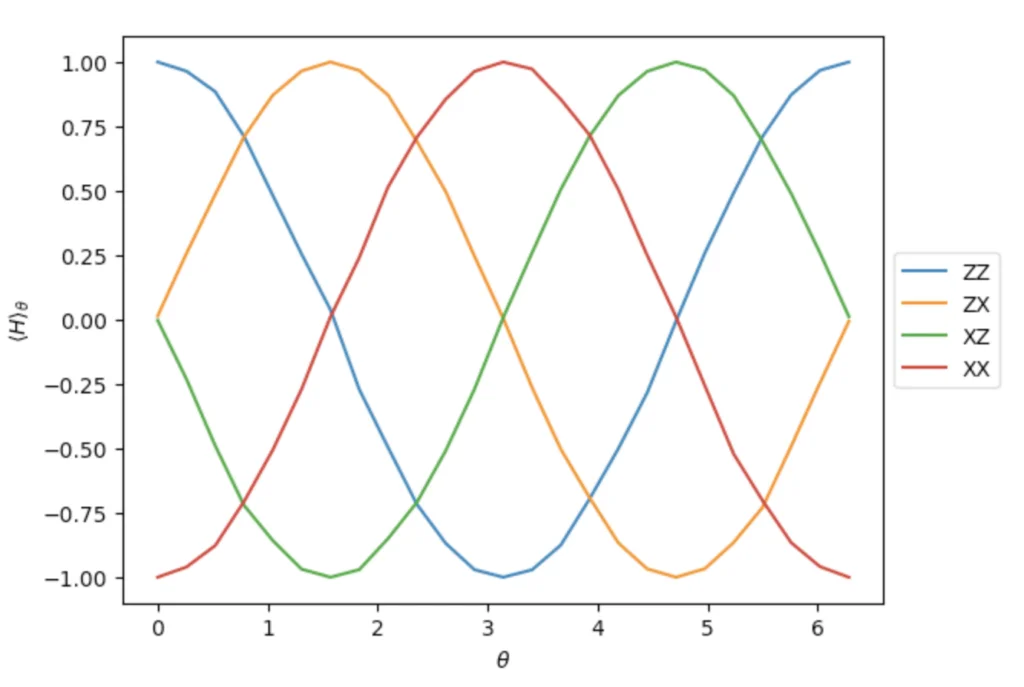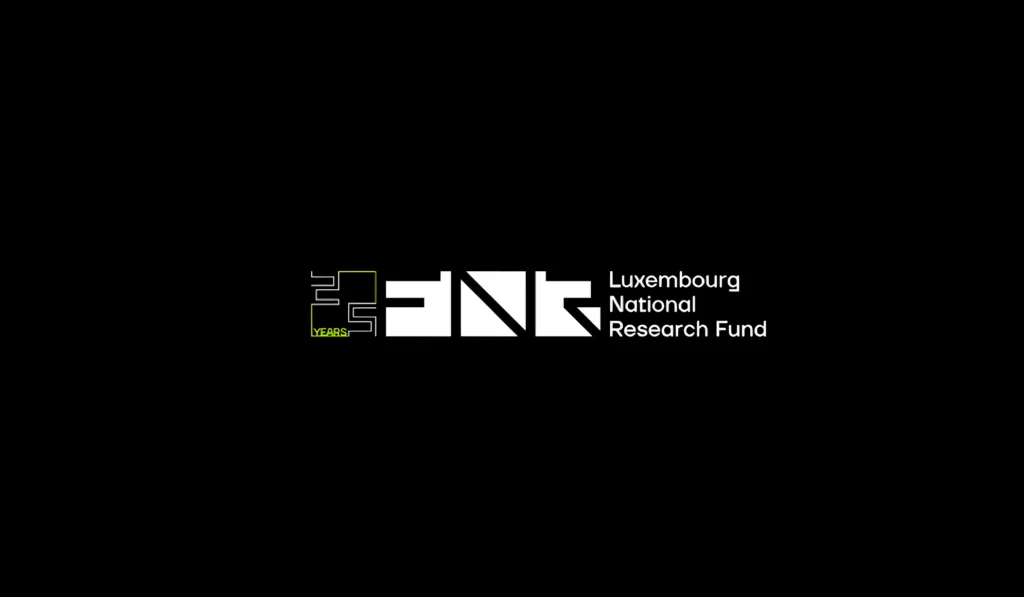Insider Brief
- Eli Lilly has signed a research and licensing agreement with Creyon Bio worth up to $1 billion to develop RNA-targeted therapies using AI and quantum chemistry, according to Drug Target Review.
- Creyon’s platform uses quantum-level modeling of molecular interactions to design oligonucleotide drugs more efficiently than traditional trial-and-error methods.
- The collaboration gives Lilly exclusive rights to lead and commercialize any resulting therapies, reflecting broader industry momentum toward computational drug discovery.
Eli Lilly is turning to quantum chemistry to speed the discovery of next-generation RNA drugs, signing a research and licensing deal with Creyon Bio that could be worth more than $1 billion, industry media are reporting.
The agreement, announced this week, gives Lilly access to Creyon’s AI-based platform for designing RNA-targeted therapies — drugs that work by binding to specific strands of RNA inside cells. The deal includes $13 million in upfront cash and equity and sets the stage for milestone payments exceeding $1 billion if the collaboration results in commercial therapies, according to Drug Target Review.
“We are pleased to partner with Lilly to advance our AI-designed oligos with the goal of making therapies safer and more effective for patients,” said Serge Messerlian, Chairman and Chief Executive Officer of Creyon Bio, as reported in Drug Target Review. “This partnership marks an important milestone for Creyon as we work to advance our RNA-targeted oligo therapy pipeline to the clinic for both rare and common diseases.”

Quantum Chemistry as AI Engine Foundation
Creyon’s approach uses quantum chemistry as a foundation for its AI engine, a departure from traditional lab-based drug development. The platform analyzes the physical and chemical interactions between drug molecules and their RNA targets at a quantum level, allowing it to predict how candidate therapies will behave with greater accuracy. This could reduce the time it takes to discover and optimize drugs for a variety of diseases.
Swagatam Mukhopadhyay, Co-Founder and Chief Innovation Officer, said the company offers a technological edge.
“Creyon has built an industry-first and only oligo engineering engine to efficiently design RNA-targeted oligo therapies using quantum chemistry principles rather than relying on traditional trial-and-error screening processes to significantly accelerate development timelines,” said Mukhopadhyay.
Beyond Trial-and-Error
According to the company, the method goes beyond conventional trial-and-error techniques by simulating how oligonucleotides — short strands of synthetic RNA or DNA — interact with their targets inside the body. By applying quantum-level calculations to molecular structures, Creyon’s system is able to fine-tune drug candidates with fewer physical experiments. This could lead to more efficient development cycles and fewer failures in clinical trials.
Under the terms of the deal, Lilly will hold exclusive rights to lead therapeutic programs that come out of the partnership. For each validated target, Lilly will be able to advance drug candidates into later-stage research and clinical development. The pharma giant will also handle global commercialization for successful products.
The agreement also points to the rising interest in RNA-based therapies, particularly those using oligonucleotides to regulate gene expression. Several drugs in this category are already on the market, targeting conditions such as spinal muscular atrophy and hereditary transthyretin amyloidosis. But the field remains relatively new and full of untapped potential, especially in areas where traditional small molecules and biologics fall short.
Quantum Chemistry Moves From Lab to Practical Tool
The collaboration marks a milestone for quantum chemistry’s role in drug discovery. While the field has long been used in academic settings to model molecular behavior, it is now emerging as a practical tool in commercial pipelines. The integration of quantum principles into AI-driven platforms reflects a broader shift toward precision design in therapeutics, driven by increasing computational power and algorithmic sophistication.
Lilly’s decision to partner with Creyon aligns with its recent push into advanced computational drug discovery. It joins a growing list of major pharmaceutical companies investing in AI-native biotech firms that claim to offer faster, cheaper paths to new medicines.
Creyon, based in San Diego, has been quietly building its platform since launch, aiming to reduce the cost and risk of bringing RNA-targeted therapies to market. The company frames its platform as a bridge between the promise of precision medicine and the complex, expensive reality of clinical drug development.
For now, the companies have not disclosed which diseases or therapeutic areas the partnership will target. However, the broad scope of the agreement suggests multiple candidates will be evaluated over time.















